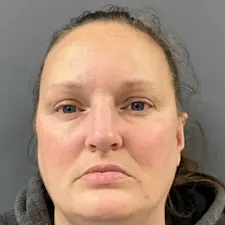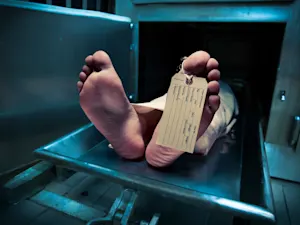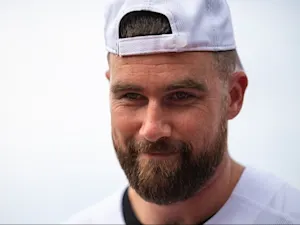
UnitedHealth® Scandal Investigation Underway
Police outside the corporate headquarters of UnitedHealthcare in Minnetonka, Minnesota on Dec. 8, 2024, four days after the company's CEO, Brian Thompson, was killed in New York City. Photo by Chad Davis under CC BY 2.0.
It sounds like something out of a corporate thriller — a multibillion-dollar company quietly encouraging nursing homes to avoid sending patients to the hospital. But this isn't fiction. A recent investigation has uncovered claims that UnitedHealth®, the nation's largest healthcare conglomerate, has allegedly paid nursing homes bonuses to reduce costly hospital transfers. And while the company says it's improving patient care, others are raising red flags about what really happened behind the scenes.
A Program Built to Save — But at What Cost?
UnitedHealth, through its subsidiary Optum, embedded medical teams in nearly 2,000 nursing homes across the United States. These homes received bonuses through programs like "Premium Dividend" and "Shared Savings" for lowering hospitalizations among long-term residents enrolled in the insurer's Medicare Advantage plans.
The company says this approach prevents unnecessary hospital stays — a win-win for patients and costs. But multiple sources told The Guardian the incentives led to decisions that prioritized performance metrics over medical needs, including delaying transfers for residents with symptoms of strokes and other medical emergencies.
Who Was Affected?
Roughly 55,000 long-term care residents were enrolled in UnitedHealth's Medicare Advantage plans, which allowed the company to manage their care and billing through lump-sum federal payments. The fewer services the insurer provided, the more it could potentially profit.
A former UnitedHealth executive told The Guardian that "APK," or admissions per thousand, became the driving metric. Homes with low APK scores qualified for payments, while those with higher rates received no bonuses — a system that allegedly rewarded reducing hospital transfers regardless of patient condition.
Whistleblowers Speak Out
Two whistleblowers submitted declarations to Congress through the legal nonprofit Whistleblower Aid. One of them, Maxwell Ollivant, a former nurse practitioner with the company, claimed that medical teams were pressured to avoid hospital transfers — even when medically warranted. He argued that the program's financial structure was undermining patient care.
Ollivant's earlier lawsuit, filed under the False Claims Act, alleged that the company had withheld services from residents while still billing Medicare — a claim that the Department of Justice ultimately chose not to pursue.
UnitedHealth said in a statement that Ollivant "lacks both the necessary data and expertise" and pointed out that "the U.S. Department of Justice investigated these allegations, interviewed witnesses, and obtained thousands of documents that demonstrated the significant factual inaccuracies in the allegations," according to The Guardian.
Delayed Transfers and Lasting Harm
In one reported case, a nursing home resident in Washington state allegedly showed signs of a stroke — slurred speech and facial drooping. But rather than being rushed to a hospital, a remote nurse practitioner for UnitedHealth allegedly suggested a less serious diagnosis and told the nurse to wait four hours for bloodwork results.
That resident later suffered permanent neurological damage. In another instance, hospital transfers were delayed so long that patients missed critical treatment windows.
UnitedHealth declined to comment on individual cases, citing privacy concerns. However, the company said that care decisions were ultimately up to physicians and facility staff — and that hospitalization decisions depend on many variables, including the patient's goals of care.
Confidential Records and Sales Tactics
The investigation also revealed that nursing homes allegedly shared confidential patient records with UnitedHealth sales teams in exchange for bonus payments tied to enrollment, as reported by The Guardian. These documents were used to directly market the insurer's "Institutional Special Needs Plans" to elderly residents — even those unable to consent.
In one federal case filed in Georgia, families said their loved ones were signed up for Medicare Advantage without understanding the changes, leading to confusion and reduced access to hospital care.
Final Thoughts
If you have a loved one in a nursing facility, this story is a reminder of how important it is to stay informed. Ask questions. Review their plan. And make sure decisions about care are coming from doctors — not data points.
References: Revealed: UnitedHealth Secretly Paid Nursing Homes to Reduce Hospital Transfers | UnitedHealth Paid Nursing Homes to Reduce Hospital Transfers: Report | UnitedHealth Falls After Report It Secretly Paid Nursing Homes to Reduce Hospital Transfers























